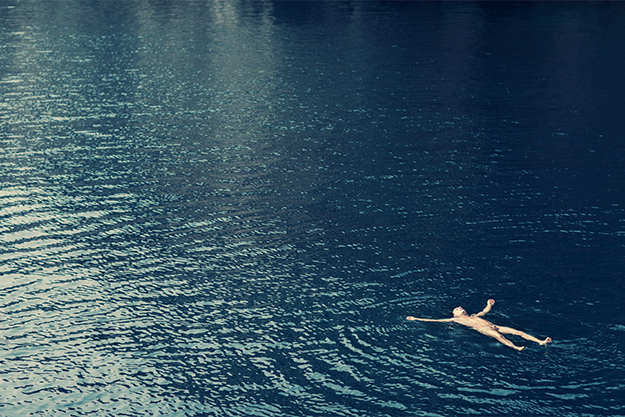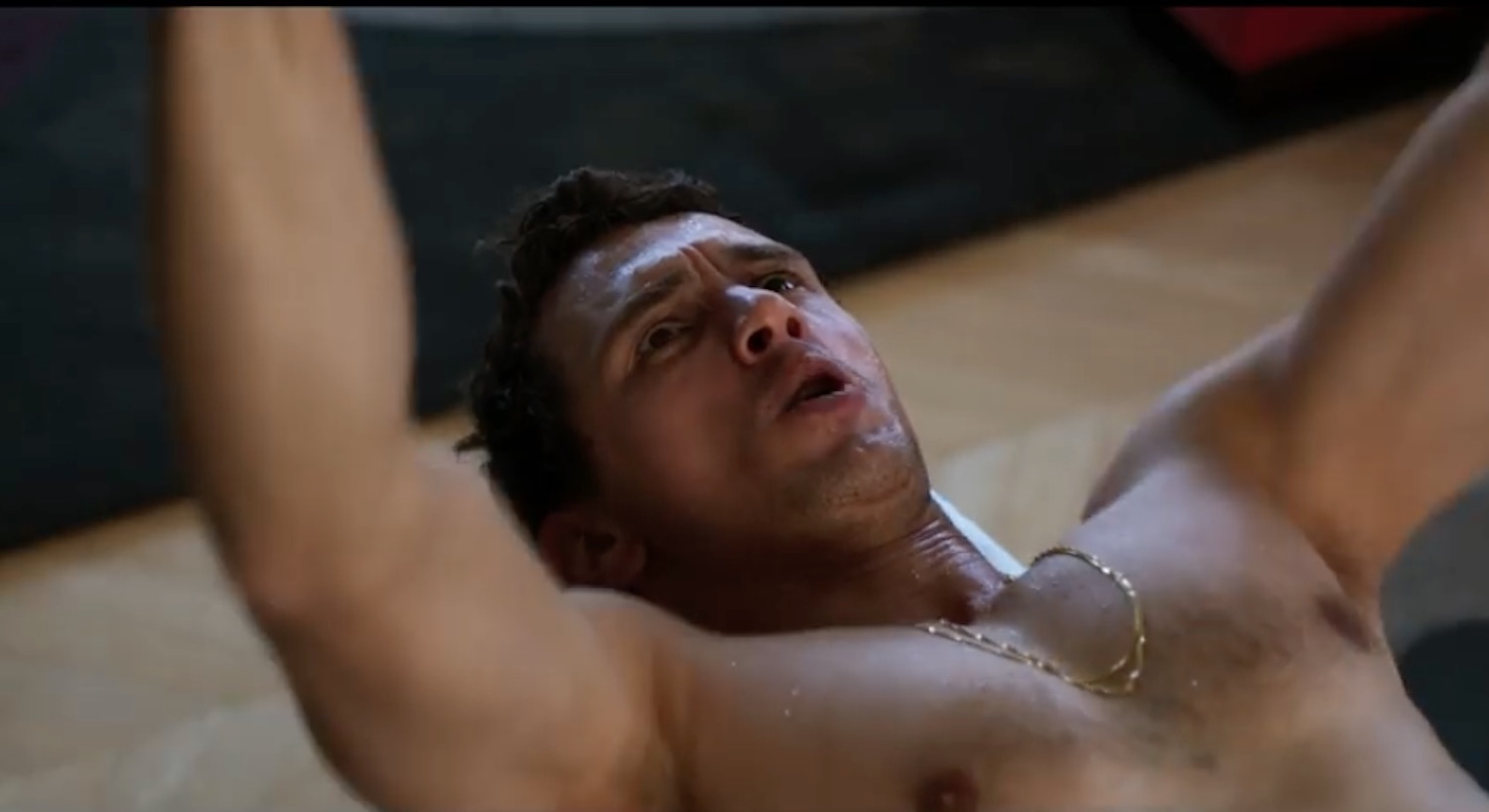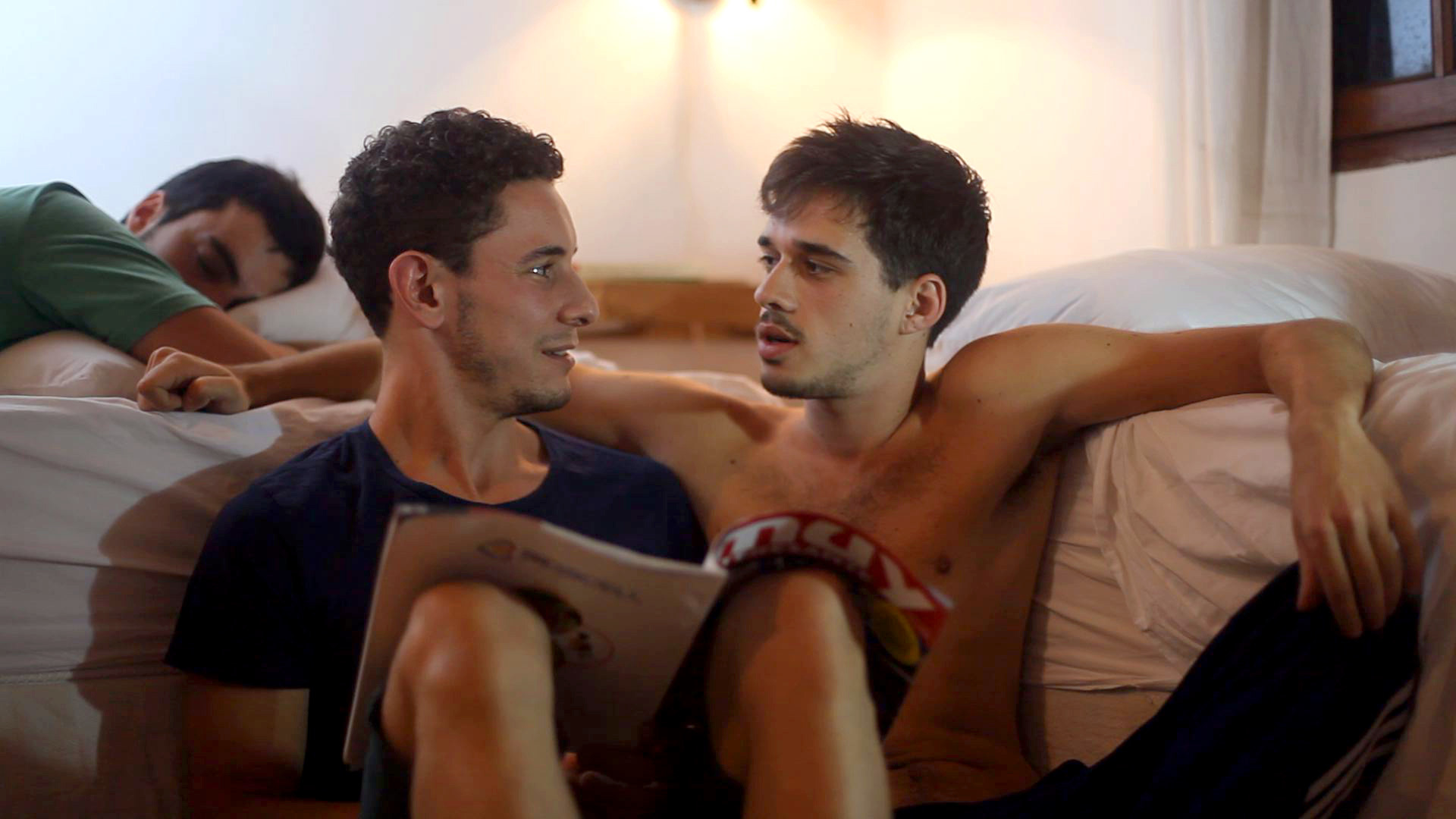At the 2015 BFI London Film Festival, Greek director Athina Rachel Tsangari’s Le Chevalier took home the prize for best feature. The film sees six men, on a boat, competing for the arbitrary title of “The Best in General.” Their comparative and futile assessments range from “who can assemble this piece of furniture the fastest,” to “who can cum the quickest”; tasks they furiously rank each other on to determine who is the best “man” among them. If you’re thinking — “no, not another film about straight white men acting like morons” — you’d be mistaken; the film is in fact a searing satire of failing masculinity. Tsangari subverts cinema’s traditional “male gaze” with a female led vision of male idiocies. And whilst on the surface the film is acerbic and zany, it is sub-textually framed by the context of tremendous economic depression in Greece, a country suffering £320 billion in debt and a 24% unemployment rate. In a nation upheld by characteristically patriarchal values, and with men in most governmental positions, Le Chevalier’s surreal presentation of the fragile male ego acts as a wider commentary on Greece’s failing systems of power. Fittingly, the arena for Le Chevalier’s “games” is a boat: whilst a symbol of odyssey and male triumph in the Greek mythological tradition, in this film it travels nowhere, is left to float impotently on Greece’s troubled waters.
Greece’s crumbling masculinity seen through a female gaze showed up again in this year’s festival programme, specifically in the form of Sofia Exarchou’s Park. Following on from Tsangari’s abstract presentation (but also belonging to what critics group as Greek New Wave Cinema), Exarchou’s take is a more literal one, watching a group of adolescent boys run feral in Greece’s abandoned and deserted 2004 Olympic Park. With no hope of a better future and absolutely nothing to do, the boys quite literally parallel the behaviour of the dogs that share their space. Against a backdrop of Olympic Glory – and the symbol of “man as hero” – Exarchou’s rendering of man as base animal points to a regression in a nation seen as the birthplace of Western civilisation.

Whilst Greek New Wave Cinema has been prominent in the critique of masculinity — and specifically its economic associations — film production has this year shown a global interest in exploring what it means to be a “man”. Specifically, the link between gay male sexuality and repression has been a dominant strand. From Argentina, Marco Berger’s Taekwondo, examines latent homoeroticism in a group of young men hanging out for the summer in a rural country house. Taekwondo is the cinematic answer to feeling blue-balled, and for over two hours Berger teases his viewer with homoerotic desires that are never satisfied or addressed between the young men. In a hot Argentinian landscape, the naked sweaty flesh of the cooped up men are a source of constant arousal for both characters and viewers, and yet the cloak of Argentinian masculinity and the repression of natural desires leads to a maddening viewing experience. In its London premiere, the final seconds of the film — where two of the characters eventually succumb to their desires and kiss — were met with a loud applause that sounded more like relief than joy.
Whilst Taekwondo looks at simmering homoeroticism via masculine pressures with teasing comedy, Mexican director Amat Escalante’s The Untamed is a darker take. The film centres on a tentacled alien living in a shed that pleasures and destroys the humans who seek its sexual touch, and a repressed violent husband who is sleeping with his wife’s brother. Mexico is a country where the rate of domestic violence is terrifyingly high, also incurring the second largest reportings of homophobic crimes globally. Escalante’s vision of closeted sexual urges as a violent sexual alien hiding in a shed is the heart in his critique of Mexican masculinity. It is telling that the alien mutilates the characters who dishonestly ignore their sexual desires; whilst it provides intense orgasmic pleasure for the characters who are in sync with their psychosexual drives.

The murderous quality of gay repression takes quite literal form in Justin Kelly’s James Franco-starring King Cobra. Based on a story, it chronicles the rise of gay porn star Brent Corrigan, and the capitalist desires of his porn competitors Joseph Kerekes and Harlow Kuadras. The film culminates in the pair’s savage murder of Corrigan’s previous contractor in order to share the star’s success. What the film uncompromisingly captures are the masculine pressures that blind Kerekes and Kuadras and motivate the murder. The film is released at an interesting moment for the gay community, where the pressures to be “masc” and “straight-acting” pollute gay male spaces; a conscious effort by contemporary gay men to rival hetero-normative success and seem “straight”. King Cobra is infused with this; a memorable scene sees Kerekes shouting at his boyfriend to “Work out like a man” during their gym training. Indeed, their entire impetus to dominate American gay porn is fuelled by what we could describe as a masculine capitalist fantasy of success.
No film this year has handled masculinity as sensitively as Barry Jenkins’ Moonlight, a transcendental presentation of gay black masculinity in the American ghetto. Jenkins’ magic touch is to portray masculinity as both a necessity and a weakness for his characters. The three chapters of the film guide us through the world of Chiron, a young vulnerable boy closeted about his sexuality in a hostile community. Using a familiar “coming of age” structure, Jenkins subverts the traditional second act moment where the character “comes out,” and in this case, we see teenager Chiron violently attack one of his bullies – here he moves further into the closet in a bid to eradicate any associations of weakness. And in the third act we see Chrion as an overtly masculine drug dealer, using masculinity as a mask to suppress his vulnerabilities. His masculinity though, whilst a legitimately necessary defence, is a mask that stifles him. And this came through in the most visually poetic moment of the film, when the first boy he ever kissed cooks him a meal; to practically eat the food, Chiron removes the “tough” gold grillz from his teeth, so that he can be fed by the boy he loves.
Masculinity, in this moment, is painted as a fickle construct sometimes very out of touch with our innate, human vulnerabilities.
Credits
Text Amrou Al-Kadhi
